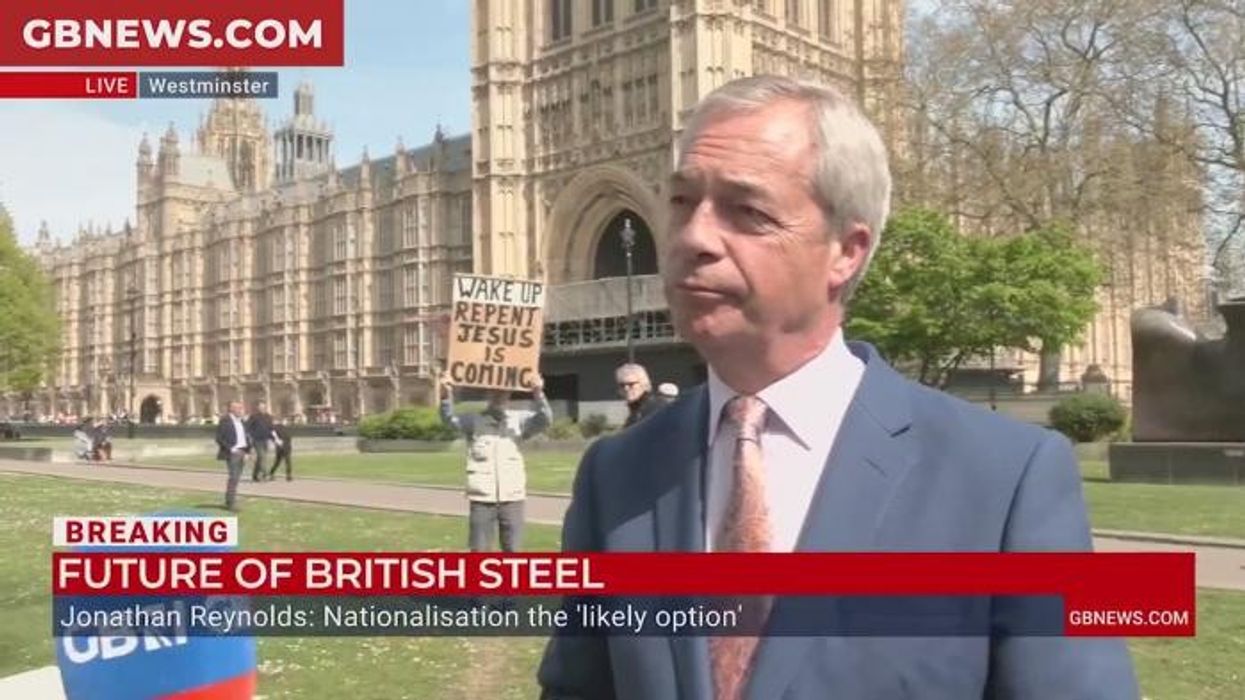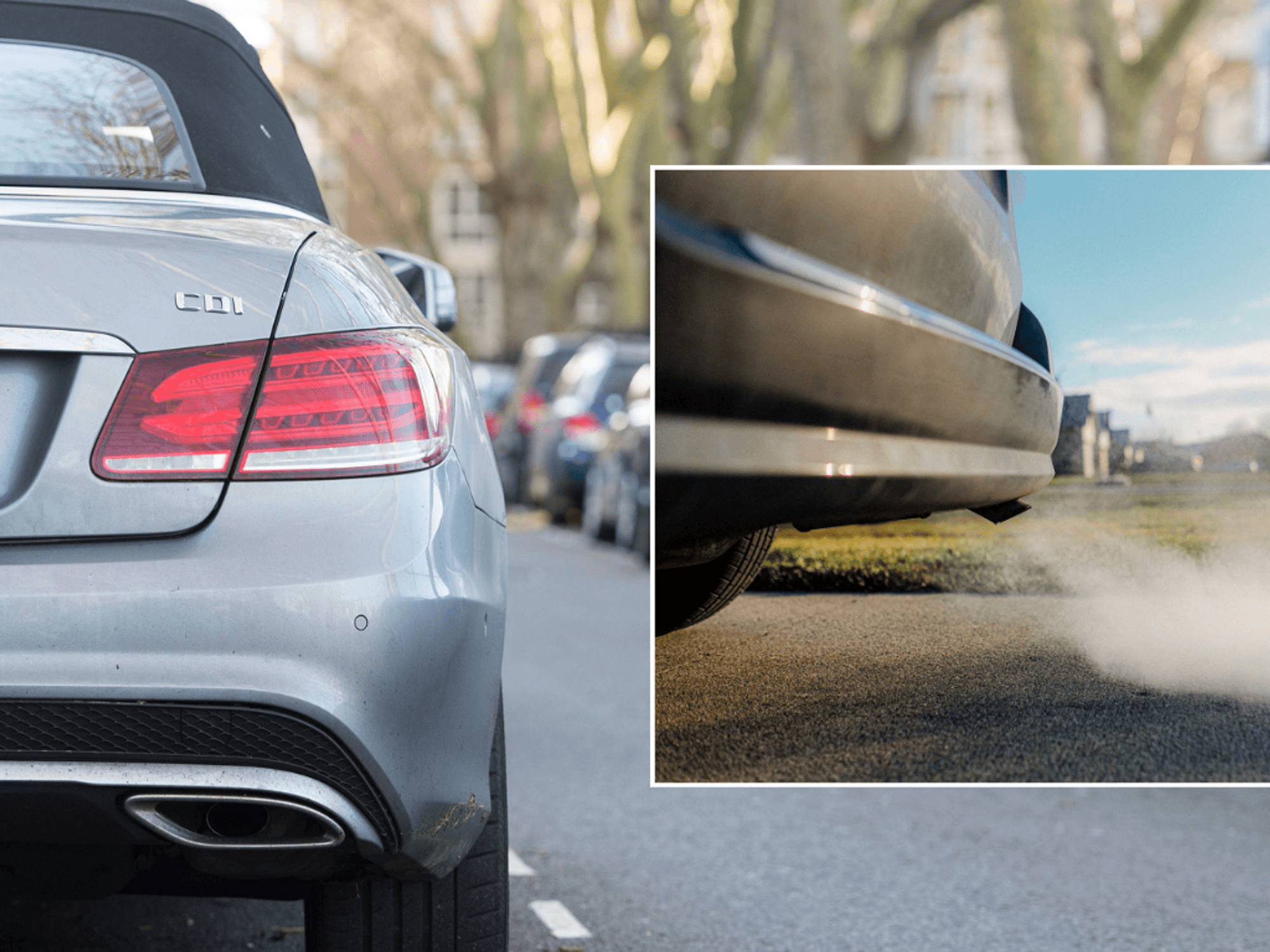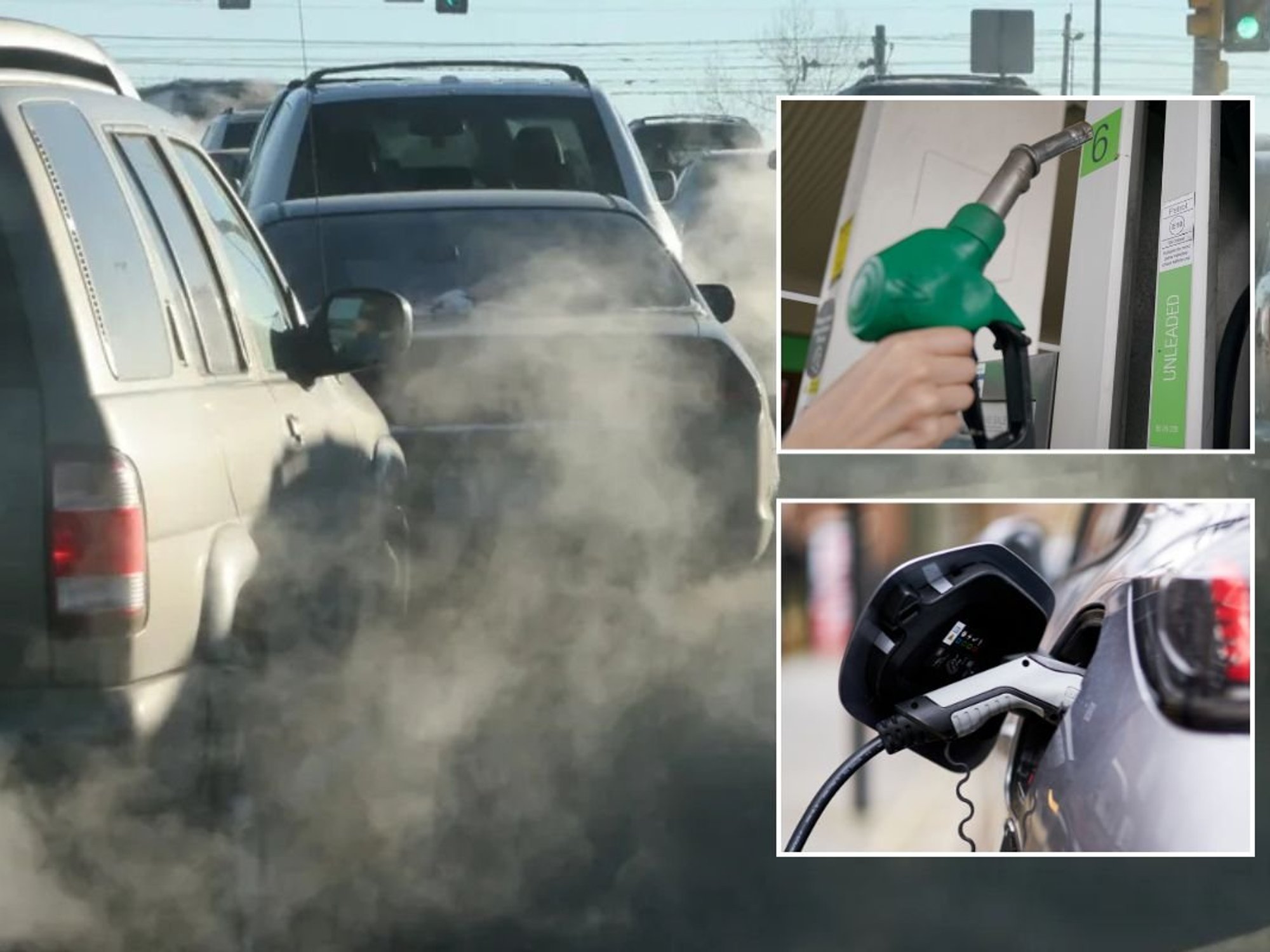Trump officials face criminal contempt charges after defying judge's orders in gang deportation case
Donald Trump's administration was accused of 'deliberately disregarding' court by sending a Venezuelan gang to El Salvador
Don't Miss
Most Read
Officials from Donald Trump's White House administration could face criminal contempt charges after ignoring a federal judge's court orders to turn around deportation planes carrying alleged members of a Venezuelan gang to El Salvador.
The 47th President, who made fixing the border crisis a central pillar of his 2024 campaign, used a wartime law to ignore the ruling.
In a ruling issued on Wednesday, Judge James Boasberg stated that the White House's refusal to return the flights to the United States reflects “a willful disregard” that is “sufficient for the Court to conclude that probable cause exists to find the Government in criminal contempt.”
“The Court does not reach such conclusion lightly or hastily; indeed, it has given Defendants ample opportunity to rectify or explain their actions,” he wrote in a detailed opinion sharply criticizing the administration’s refusals.
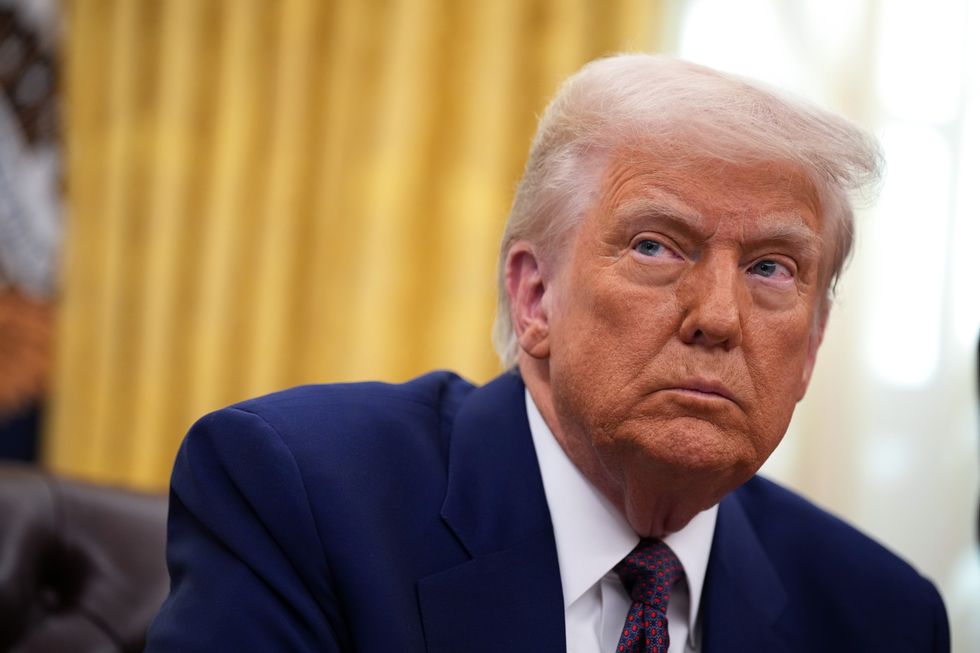
Officials from Donald Trump's White House administration could face criminal contempt charges after ignoring a federal judge's court orders to turn deportation planes
| Reuters“None of their responses has been satisfactory.”
Flights were already en route on March 15 when Judge Boasberg ordered the administration to turn them around, following a lawsuit filed by the American Civil Liberties Union challenging the removal of their client.
The judge has since repeatedly pressed officials to clarify when lawyers communicated his verbal and written directives to administration officials, and who, if anyone, authorized the flights to proceed in defiance of his orders.
“Despite the Court’s written Order and the oral command spelling out what was required for compliance, the Government did not stop the ongoing removal process,” Boasberg said.
MORE LIKE THIS:
Officials have until April 23 to either correct their actions or submit a filing identifying the individual who ultimately decided to disregard the court’s orders.
If that response is deemed “unsatisfactory,” the judge stated that administration officials will be required to appear in court to testify or face deposition by the plaintiffs.
Should the administration refuse, Boasberg said he would appoint a special prosecutor to “prosecute the contempt.”
The judge accused the administration of engaging in “increasing obstructionism” and “stonewalling” in an effort to avoid disclosing details about the flights - specifically who was aware of the orders and when- despite a series of hearings aimed at uncovering why the planes landed in El Salvador.
“Defendants provide no convincing reason to avoid the conclusion that appears obvious from the above factual recitation: that they deliberately flouted this Court’s written Order and, separately, its oral command that explicitly delineated what compliance entailed,” he wrote.
He added: “Defendants’ conduct, moreover, manifests a willful disregard of the Court’s legally binding proscriptions. Given the evidence at this early stage in the inquiry, and offered no persuasive reason to conclude otherwise, the Court finds that there is probable cause that Defendants acted contemptuously.”
The administration’s refusal to address questions about the flights, along with the judge’s decision to pursue contempt charges against officials, has intensified an already tense standoff between the president and the judiciary- further fueling what legal experts describe as a growing constitutional crisis.
In invoking the Alien Enemies Act for just the fourth time in US history, Trump declared in his proclamation that “all Venezuelan citizens 14 years of age or older who are members of [Tren de Aragua], are within the United States, and are not actually naturalized or lawful permanent residents of the United States are liable to be apprehended, restrained, secured, and removed as Alien Enemies.”
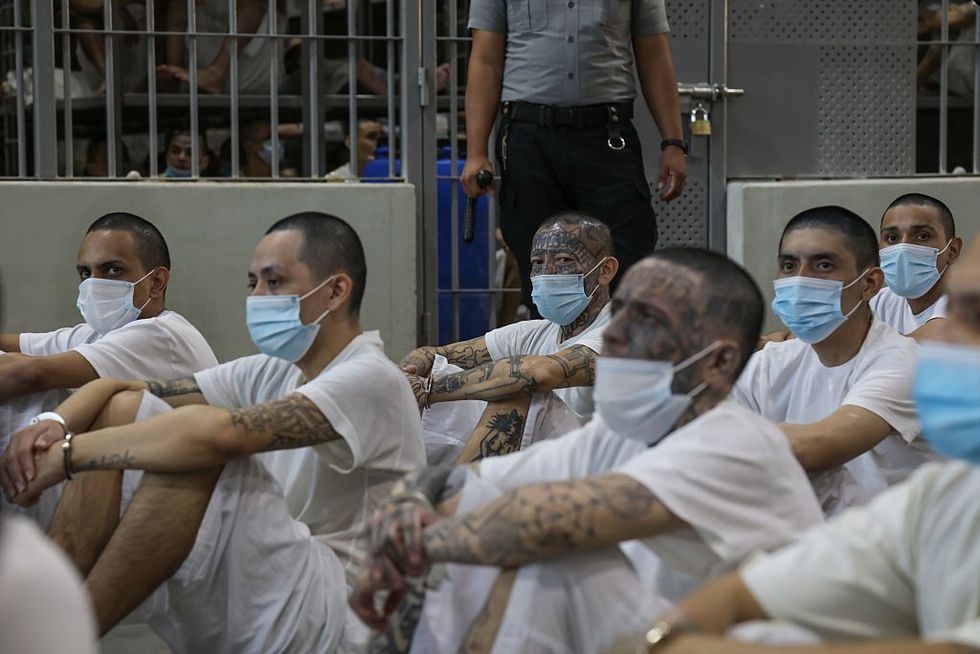
In court filings, the administration acknowledged that 'many' of those sent to a notorious prison in El Salvador did not have criminal records
|GETTY
However, in court filings, the administration acknowledged that “many” of those sent to a notorious prison in El Salvador did not have criminal records.
Lawyers and family members contend that their clients and loved ones- some of whom were in the US legally and have scheduled court dates for asylum claims- have no ties to Tren de Aragua.
On April 7, a divided Supreme Court lifted Judge Boasberg’s order that had temporarily blocked the president’s use of the wartime law to carry out expedited deportations while the legal challenge continues.
The justices ruled that individuals targeted for removal are “entitled to notice and an opportunity to challenge their removal” before a judge - but not specifically in Boasberg’s Washington, D.C., courtroom.
In the wake of that decision, lawsuits have been filed in states where affected immigrants are being held, challenging their deportations under the Alien Enemies Act.
Several judges have since issued rulings halting the administration’s attempts to remove them without a hearing.


